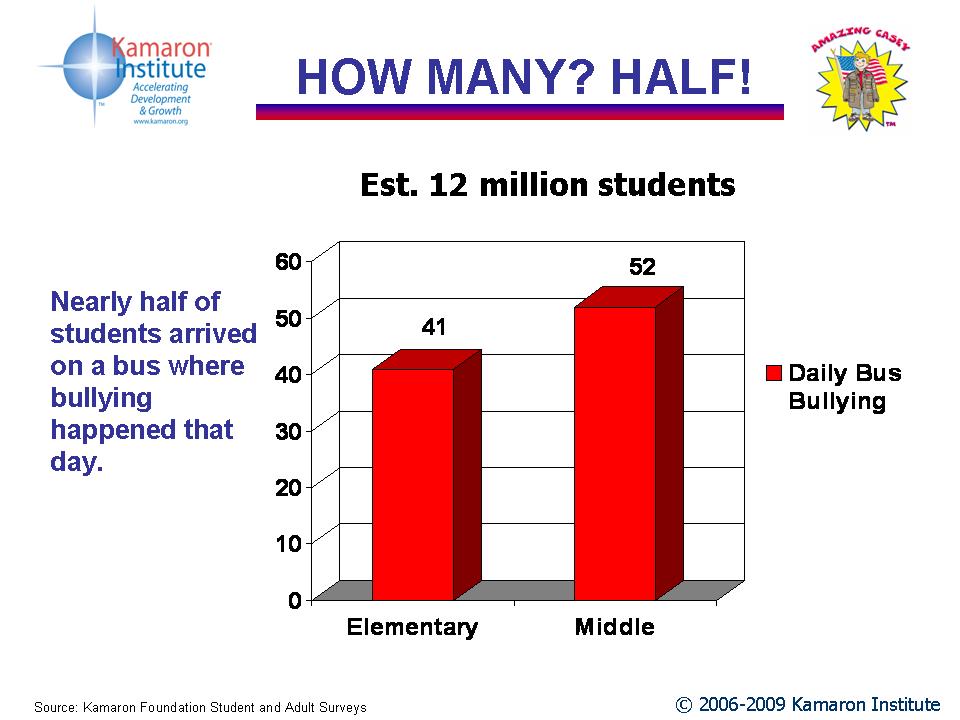
Social Media Can Help Enhance and Protect Your Reputation and Brand Image
No business can afford to ignore the importance of reputation management, and the important role of social media in online reputation management. A business brand can go from boom to bust in this digital era, where anyone can spread news quickly to friends on blogs, Facebook and Twitter.
Dealing with consumer problems immediately is critical. This is a world where you need to stay customer and integrity focused because your image spins well beyond your grasp. The internet, and social media, have proven to be a mixed blessing for businesses these days. On the one hand they allow businesses to create an online presence for very little money - one can create an online business and advertise oneself all over the net for the cost of a website and a monthly internet connection fee, thanks to sites like Twitter, Facebook and Youtube. However, it's also very easy for a company to make a misstep without realizing it and find themselves faced with a public relations fiasco in no time at all.
The Motrin campaign is one example. In November Motrin ran an advertisement about the physical pain caused by toting babies in a baby sling. The ad was intended to be humorous; however, many mothers perceived it as insulting mothers who choose to carry their babies that way. Thousands of furious mothers tweeted their outrage, and several days later the ad was pulled. How could this have been avoided?
Well, these days there are numerous free tools and paid tools which monitor online reputation management. Google Alerts and Tweetbeep are a couple of free tools. Companies should also use Twitter's search function to search for their company name several times a day. If Motrin had done that, they would have discovered the unintentional offense caused by their ad campaign within hours, not days.
There are also a number of sites that monitor mentions of a company's brand for a fee. For larger companies who have the appropriate sized budget, this can be well worth it. Of course, reputation management isn't all about waiting until something negative happens. It's also about taking positive action to let people know who you are and what you and your company does.
Maintaining an attractive and interesting website, creating professional looking social media accounts on Linkedin, Twitter, Facebook and other sites, and regularly updating your company blog are all part of online reputation management. Share your knowledge with others, for free. Comment regularly on issues within your industry (and remember to keep your comments positive or at least neutral; insulting and bashing doesn't make you look better than your competitors. It makes you look jealous.)
Leave helpful comments on the blogs of people in your industry. And remember to constantly monitor for mentions of you and your company; thank people for positive comments and respectfully address complaints and customer service issues.
Do all of this, and you will be enhancing your businesses' reputation every day, which in turn enhances your bottom line.
Contact: Margaret Ross is president and CEO of the Kamaron Institute, a leading business management consulting, marketing research, and staff development firm.
Market Research, Online Surveys
Margaret Ross: Kamaron Institute on Twitter: http://twitter.com/kamaron_org



